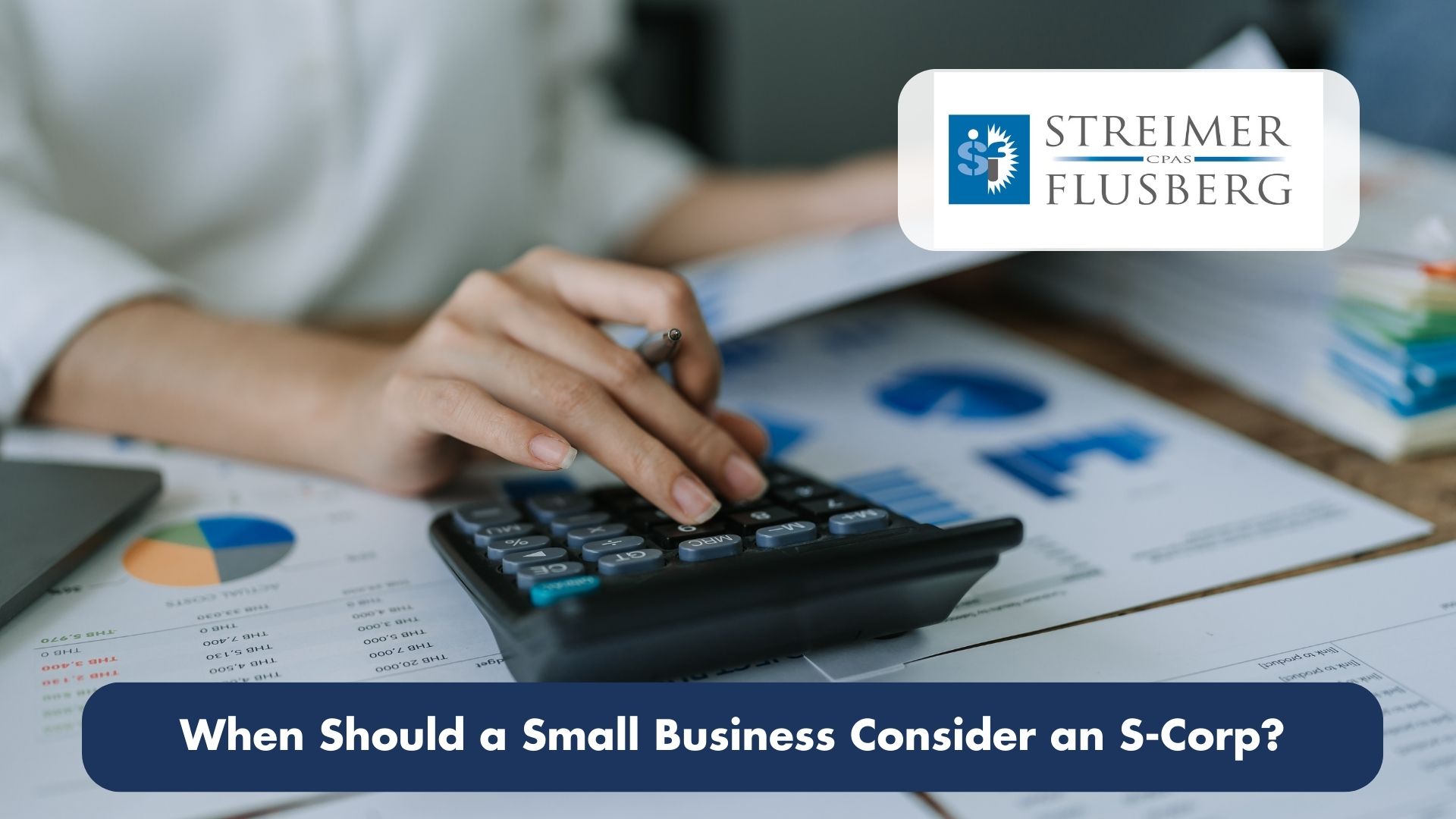When Should a Small Business Consider an S-Corp?

S-Corporations can be a key piece of your business strategy. Deciding if you need one is one of the first and most important steps you’ll take when starting your business. As a business owner, you want to make sure that you are taking advantage of every opportunity to save money and maximize profits. One way to do this is by considering whether or not your business should be classified as an S-Corporation. This can be a complex decision, but it can be well worth it if done correctly. In this article, we will explore the benefits and drawbacks of S-Corp status and provide some guidance on when a business owner should consider this classification.
What is an S-Corporation?
An S-Corporation is a tax designation that allows a business to avoid double taxation. With a traditional corporation, the company is taxed at the corporate level and then again at the individual level when profits are distributed to shareholders. S-Corporations, on the other hand, are not taxed at the corporate level. Instead, profits and losses are passed through to shareholders, who report them on their personal tax returns.
When should a small business owner classify as an S-Corp?
So, why should a business owner consider classifying their company as an S-Corp? The most significant benefit is the tax savings. By avoiding double taxation, businesses can save a significant amount of money on taxes. Additionally, S-Corps offer some liability protection, although not as much as a traditional corporation. This means that the business owner’s personal assets are protected from business debts and lawsuits. That can be helpful for certain business owners.
The downside of classifying a small business as an S-Corporation
However, there are some drawbacks to consider as well. S-Corporations are subject to strict eligibility requirements, including a limit on the number of shareholders and the types of shareholders allowed. Additionally, S-Corps require more paperwork and maintenance than other business structures, such as sole proprietorships or partnerships. This means that the business owner will need to devote more time and resources to maintaining the company’s status as an S-Corp.
So, when should a business owner consider classifying their company as an S-Corp? There are a few key factors to consider.
- First, the business should be generating enough profits to make the tax savings worthwhile. Typically, a business should be making at least $50,000 in net profits before considering S-Corp status.
- Additionally, the business should have a clear plan for growth and expansion. S-Corp status can be beneficial for businesses that are planning to expand or bring on additional shareholders.
- Another factor to consider is the business owner’s personal tax situation. S-Corps can be especially beneficial for business owners who have a high personal tax rate. By passing through profits and losses to shareholders, S-Corps can help business owners reduce their tax liability and keep more of their hard-earned profits.
- Finally, it is important to consult with a qualified tax professional before making any decisions about S-Corp status. The rules and regulations surrounding S-Corps can be complex, and it is important to ensure that your business is eligible and that you are taking advantage of all available tax savings opportunities.
Do you have more questions about if an S-Corporation is best for your business (or other burning financial questions that you need answers for?) Our team is ready and excited to talk to you. With years of CPA experience, we know the value of a knowledgable guide who can help you through the ins and outs of your financials. Take the first steps toward building the business that you’ve always wanted. We’re here to help.